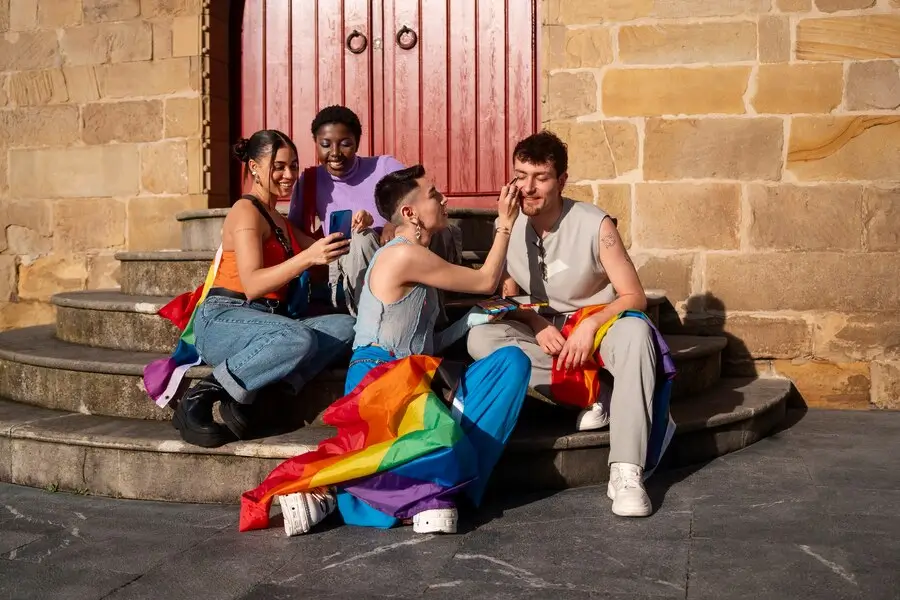In today’s society, dealing with addiction goes beyond using an approach that fits everyone well. For individuals who identify with the LGBTQIA+ community, that are inclusive and empathetic toward LGBTQIA+ individuals offer an encouraging environment that facilitates rehabilitation and enduring recovery outcomes.
Navigating Through Distinctive Obstacles
Members of the LGBTQ+ community frequently encounter biases and discrimination, which ejected and the lack of support systems due to societal expectations. These factors emphasize the necessity for tailored LGBTQ+ addiction treatment in Los Angeles that caters to their specific needs.
Crafting Empathetic Environments
Rehabilitation programs with empathy at their core aim to establish supportive spaces for LGBTQ+ individuals to share their stories without fear of criticism or bias.
Crafting Tailored Treatment Strategies
Understanding that everyone’s path to recovery is unique, specialized programs customize treatment methods to fit each person’s needs. Adapting treatments ensures that healing plans resonate with each person’s life experiences.
Developing a Support Network
LGBTQ+ recovery initiatives stress the significance of forming bonds with others who understand what you’re going through. Moreover, these programs frequently include family members and supporters to educate them on how they can assist their loved ones.
Dealing with Stereotypes
Society still places obstacles in the path to healing for LGBTQ+ people. By tackling societal stigma head-on, these endeavors not only aid individuals on their journey to recovery but also help shape a more inclusive community.
Advocating for Mental Wellness and Well-Being
The LGBTQ+ community often encounters health issues that are made worse by discrimination and societal expectations. Incorporating therapy sessions, stress relief methods, and self-care routines into this all-encompassing plan ensures that individuals receive the support they need.
Fostering Long-Term Rehabilitation
Maintaining recovery requires support and dedication over time. Comprehensive programs provide individuals with the tools and resources to sustain their sobriety for the long haul by offering life skills training sessions, relapse prevention strategies, and ongoing therapy as integral parts of the program’s structure.
Embracing Diversity and Ensuring Inclusivity
Embracing diversity plays a significant role in LGBTQ+ recovery programs by acknowledging and supporting the wide range of identities within the community and creating an inclusive space where everyone is appreciated and honored for who they are as individuals.
Summary
Recovery programs that are inclusive and compassionate are essential for helping LGBTQ+ individuals on their journey to recovery from addiction. In addition to providing a support network and tackling prejudices, these programs also prioritize mental health for better outcomes.
It is important for our society to progress by embracing diversity and inclusivity in addiction recovery initiatives.




